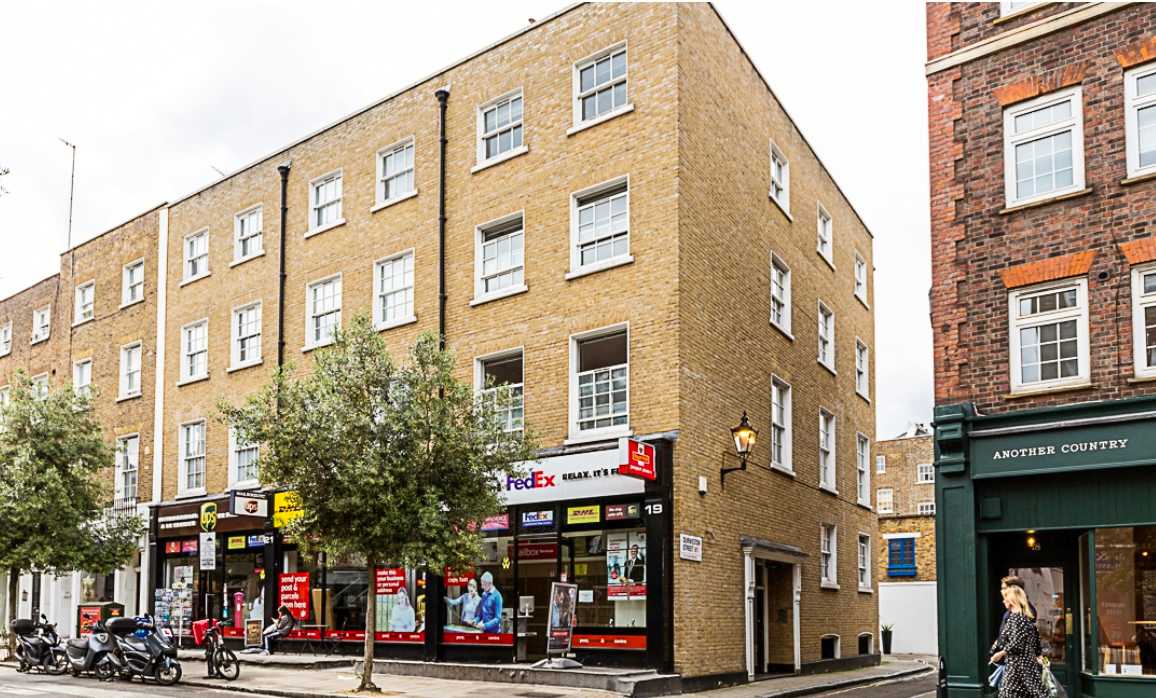Share
Letting agent fees are an unavoidable part of the renting process for many landlords and tenants. But what exactly are letting agent fees? How much do they typically cost, and what services do they cover? In this blog post, we’ll explore everything you need to know about letting agent fees.
What are letting agent fees?
For renters, letting agent fees can add a significant amount to the cost of renting a property. It’s important for renters to be aware of these fees before they start their search for a rental property.
The fees charged by letting agents can vary, so it’s important to research and compare different agents to find the best deal. Some agents charge a flat fee, while others charge a percentage of the monthly rent. Some agents may also charge additional fees for services such as referencing, inventory checks, or renewing the tenancy agreement.
To avoid unexpected fees, renters should ask for a breakdown of all fees and charges before signing any contracts. It’s also important to read the tenancy agreement carefully and ask any questions about unclear or confusing clauses.
In some cases, renters may be able to negotiate with the letting agent to lower or waive some of the fees. This is especially true if the rental market is competitive or if the property has been on the market for a long time.
Tenants should also be aware that some letting agents may charge illegal fees, such as fees for setting up a tenancy or for checking references. The UK government has banned most letting fees since 2019, so renters should report any illegal fees to their local council or trading standards office.
How much do letting agent fees cost?
For tenants, letting agent fees can be a significant expense on top of the cost of rent and security deposits. It’s important to be aware of these fees and factor them into your budget when searching for a rental property. Costs can vary depending on a number of factors, such as the location of the property, the level of service required, and the length of the tenancy. As a general guide, landlords can expect to pay between 8-15% of the monthly rent for full property management services, and tenants can expect to pay an average of £200-£300 for tenant referencing and administration fees.
In addition to the fees mentioned in the paragraph above, renters may also encounter other charges, such as:
- Holding deposits: Some letting agents may require a holding deposit to secure a rental property. This deposit is typically refundable, but may be forfeited if the renter decides not to proceed with the tenancy or fails to meet certain conditions.
- Check-in and check-out fees: Some letting agents may charge fees for conducting a check-in or check-out inspection of the rental property. These fees may cover the cost of an inventory check, key handover, or other administrative tasks.
- Renewal fees: If a renter decides to renew their tenancy agreement, the letting agent may charge a fee for preparing and processing the new agreement.
To help renters understand and compare the costs of letting agent fees, the UK government has introduced rules requiring letting agents to display a full breakdown of fees on their websites and in their offices. This includes information on the fees charged for each service, as well as any VAT or other charges. Find out more about government guidelines and the The Tenant Fees Act here.
Renters can also use online resources, such as price comparison websites, to compare the fees charged by different letting agents to help find the best deals and avoid paying more than necessary.
What services do letting agent fees cover?
Letting agent fees can cover a wide range of services, depending on the level of service required by the landlord or tenant. These services may include:
- Tenant referencing: Checking the credit history, employment status, and previous rental history of potential tenants.
- Tenancy agreement preparation: Preparing and drafting the tenancy agreement between the landlord and tenant.
- Property inspections: Regular inspections of the property to ensure it is being maintained to a satisfactory standard.
- Rent collection: Collecting rent from tenants and transferring it to the landlord.
- Property management: Managing the property on behalf of the landlord, including dealing with maintenance issues, handling tenant queries, and managing the end of the tenancy.
Are letting agent fees necessary?
Letting agent fees are not mandatory, but they can be a useful service for both landlords and tenants. For landlords, letting agents can help to find suitable tenants, ensure that rent is collected on time, and manage the property on their behalf. For tenants, letting agents can provide assistance in finding suitable properties, arranging viewings, and helping with the tenancy application process.
Letting agent fees are an important consideration for landlords and tenants alike. While they can add to the cost of renting a property, they can also provide valuable services and assistance throughout the tenancy. If you’re a landlord or tenant looking for letting agent services, be sure to do your research and choose a reputable agent that can provide the level of service you require.













